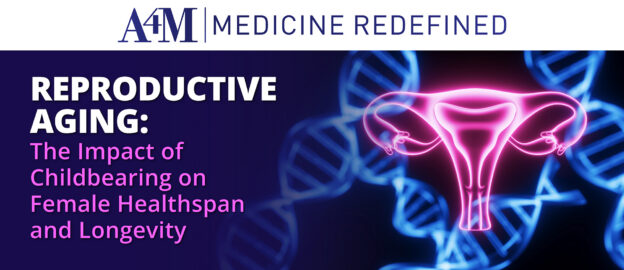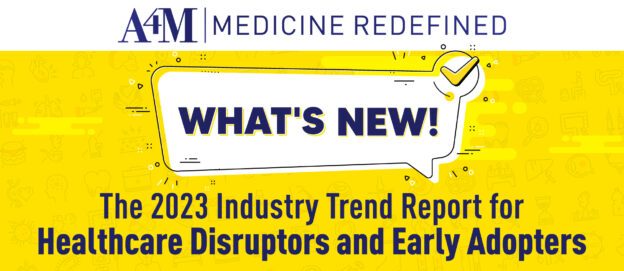When it comes to global life expectancy, women tend to live longer than men. This lifespan gap of about four or five years is usually attributed to social, lifestyle, and biological factors — but why do some women live longer than others? As longevity science continues to expand in scope, ideas about lifespan and healthspan are being examined in dynamic new ways, answering questions and redefining what we know about aging.
Reproductive Aging: Traits and Trajectories
A recent article published in Nature Communications described the Finnish Twin Cohort, a population-based study that enables modeling of full childbearing history while controlling for common risk factors. Using questionnaires and civil registries, the study was able to show the association between seven distinct reproductive trajectories and survival in 14,836 Finnish women, all twins, born between 1880 and 1957.
The carefully curated results suggested that women with the most live births and childless women showed accelerated aging and had the highest mortality risks.
“A person who is biologically older than their calendar age is at a higher risk of death,” says the study lead, Dr. Miina Ollikainen. “Our results show that life history choices leave a lasting biological imprint that can be measured long before old age.”
Dr. Ollikainen made it clear that the researchers do not advise changing reproductive choices on the individual level, as this study focuses on population-level observations. The conclusions do, however, underscore the connection between female reproductive history and longevity.
A similar study published by the NIH National Library of Medicine aimed to systematically investigate the relationship between female reproductive traits and aging, and delivered similar results. This study uncovered the following highlights:
· Female reproductive traits causally shape longevity and biological aging
· Early reproductive behaviors are associated with accelerated biological aging
· Cardiometabolic, lung, and mental disorders mediate the reproductive-aging links
· Hormone levels and menopause show non-linear patterns with biological aging
Longevity and the FemSpan
Internationally renowned medical expert and health entrepreneur Jennifer Pearlman, MD, CCFP, FAARM, ABAAARM, a board-certified medical doctor and expert in women’s health, menopause, and longevity medicine, coined the expression “FemSpan” to describe the application of a female-centric approach to healthy aging and disease management. Dr. Pearlman noted that while women on average enjoy a longer life, they disproportionately spend their last decade with disease, disability, and dementia. The female longevity advantage, she maintained, is lost due to the time women spend in poor physical and cognitive health, and the female lifespan advantage is not currently matched by a longer healthspan.
While advocating for change across the biomedical sphere, Dr. Pearlman promotes identifying and addressing the unique disease risk factors that exist for women, especially those related to hormonal events, pregnancy complications, and menopause, because these play an important role in solving the gender gap in healthcare outcomes.
She also points out that the healthcare innovation gap currently leaves women and female health priorities underrepresented in early-stage research, stating that “Women are not mini-men.” The practice of systematically excluding women—and even female animal subjects—from early-stage research results in gender biases that can manifest as healthcare disparities for women.
Looking Ahead
As the investment in women’s health research and technology grows, and historical bias gives way to more inclusive studies, sex-specific data gaps are closing. Addressing the impact of reproductive aging on healthspan helps ensure that women not only live longer but also maximize the benefits of the female longevity advantage.
Sources: Epigenetic aging and lifespan reflect reproductive history in the Finnish Twin Cohort Association of female reproductive traits with altered aging trajectories: Insights from genetic and observational analyses



